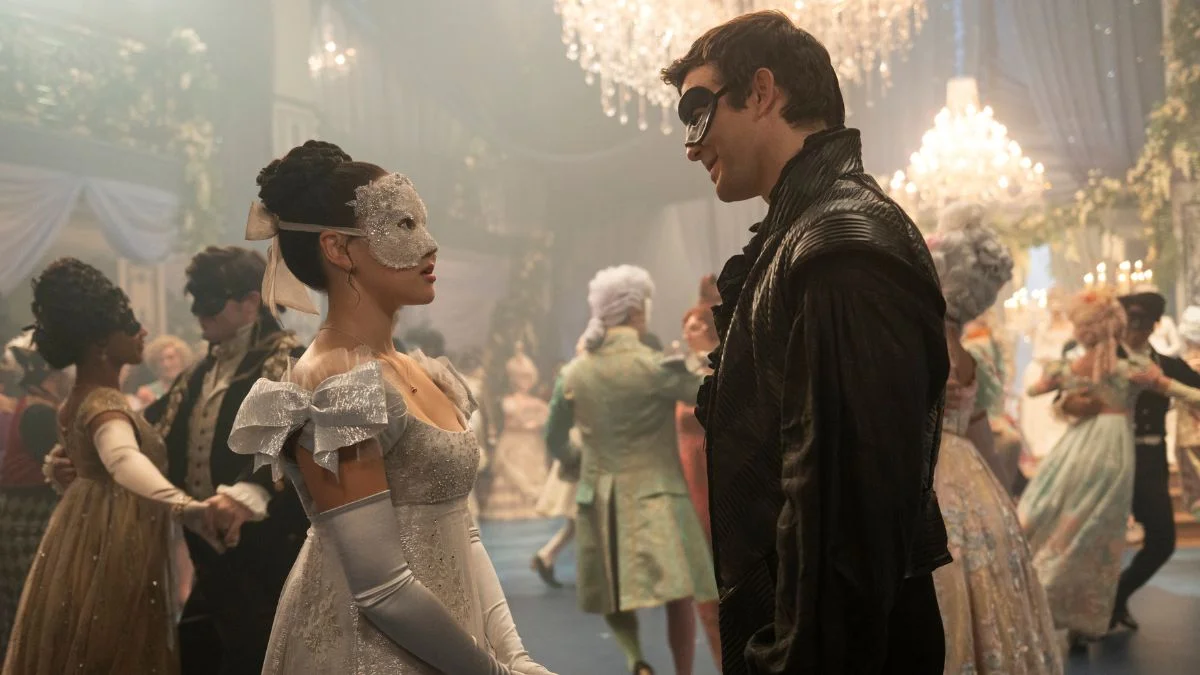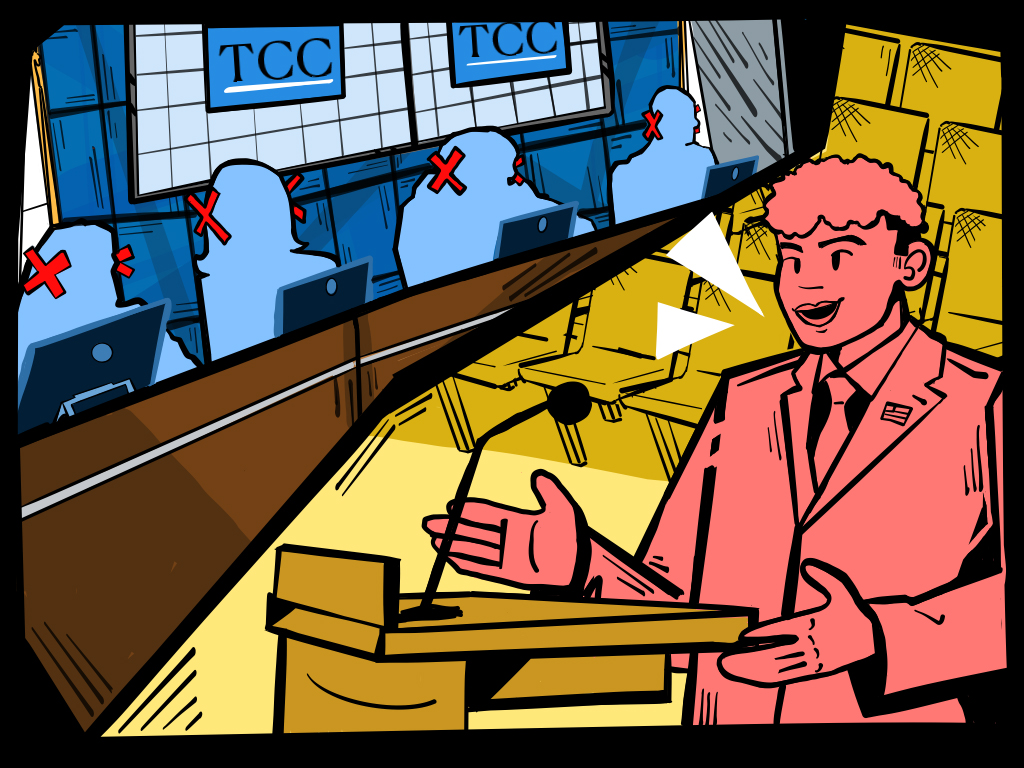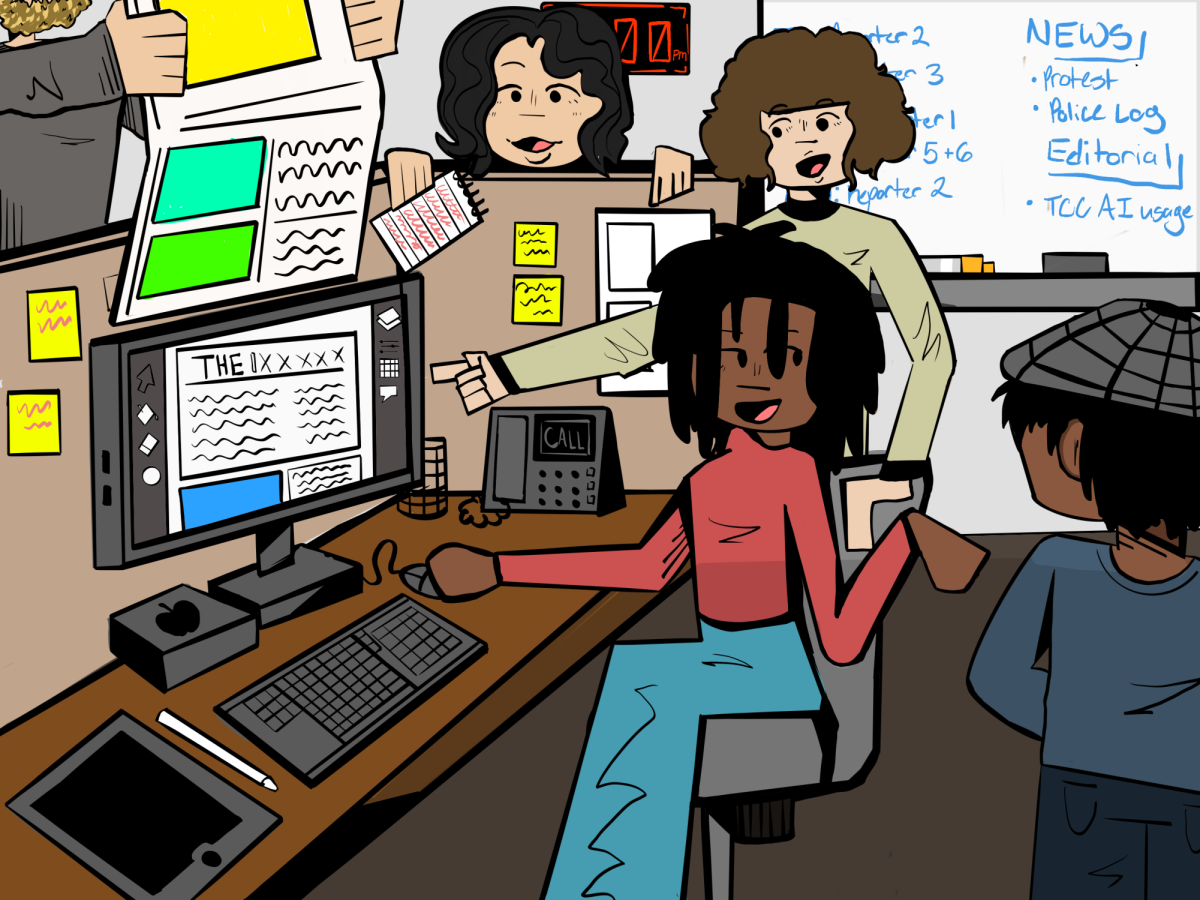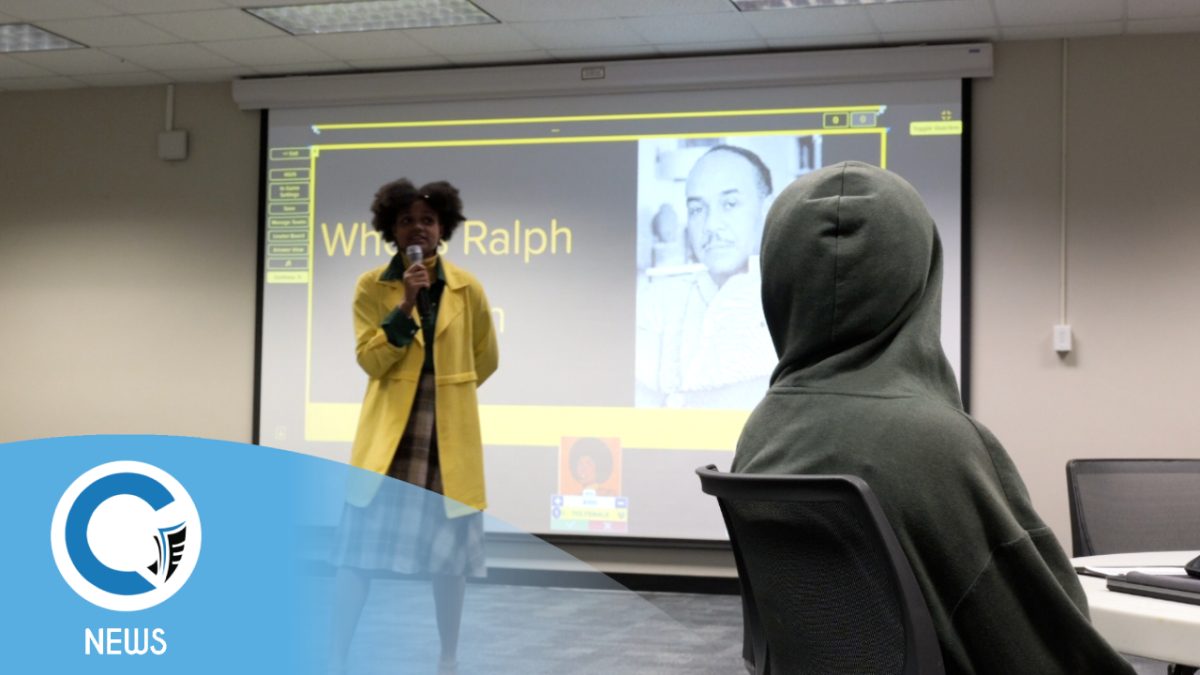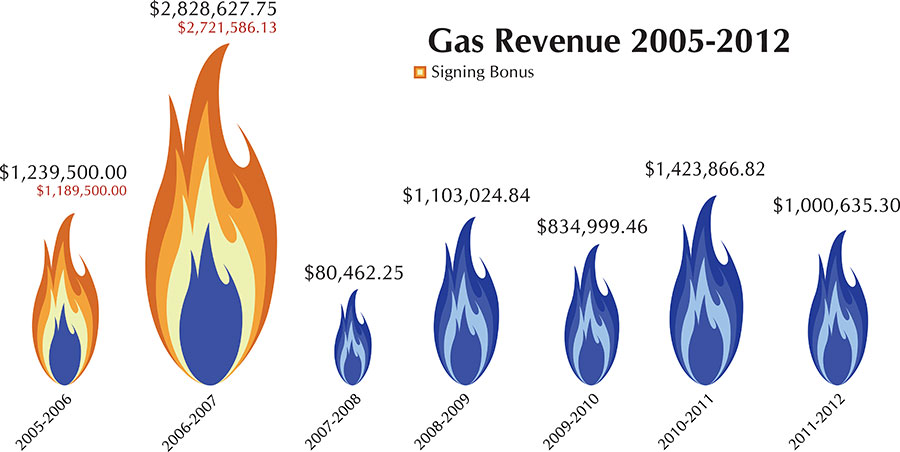By Joshua Knopp/special assignments editor

Photo courtesy Touchstone Pictures
Abraham Lincoln, as with all historical figures, was held as a giant among men even before history romanticized him beyond recognition.
Wait, that’s not right …
Lincoln, Steven Spielberg’s adaptation of the last part of Doris Kearns Goodwin’s biography of the one president that everybody knows the most about, doesn’t feel right. The film recounts the last few months of the president’s life, except all of the characters understand the historical context of the events and treat them with the majesty that patriotic history teachers would.
The film’s primary offense is that it’s boring. Daniel Day-Lewis plays the president. Basically every time he’s onscreen, the audience can go to sleep. Day-Lewis is cursed with a script that has him deliver a monologue every 10-15 minutes, and they’re all the kind of monologue put at the end of nonviolent TV shows. It’s OK the first time, but he just keeps doing it. Lincoln has no real-person dialogue in this movie at all.
When Tommy Lee Jones enters as Thaddeus Stevens, a radical abolitionist who continuously insults Democrats, it gets a little more fun. However, Stevens’ primary storyline is having to rein himself in so that the 13th Amendment, which abolished slavery, can pass with moderate support. They have to pass the amendment right-this-very-second-now because the Civil War is ending and … apparently that will impair the amendment’s passing. Somehow.
The only time the film truly entertains is when James Spader enters as William N. Bilboe, a lobbyist central to Lincoln’s plan. Bilboe’s goal is to capitalize on lame-duck Democrats, bribing them to vote for the amendment with jobs after their terms are over. The incredible shadiness of this plan is never addressed.
That’s Lincoln’s secondary offense, and it’s a big one. The film portrays the 13th Amendment as God’s gift to America that half the country seceded over. It also portrays the passage of this amendment as next to illegal. You can’t have it both ways. Any viewer with a brain isn’t going to stand for it.
Further than that, it’s sad to see another Lincoln movie that’s all about emancipation. The Civil War and his presidency were about so much more than that, and seeing a part of American history continually reduced to “slavery is bad” is not complete.
Spader is on the screen for about two minutes, Jones is on screen for about 10, and DayLewis blathers on for at least half of the film’s 150 minutes. A film about Spader scrambling to pilfer votes would have been hilarious, but Lincoln is a long way from that.






